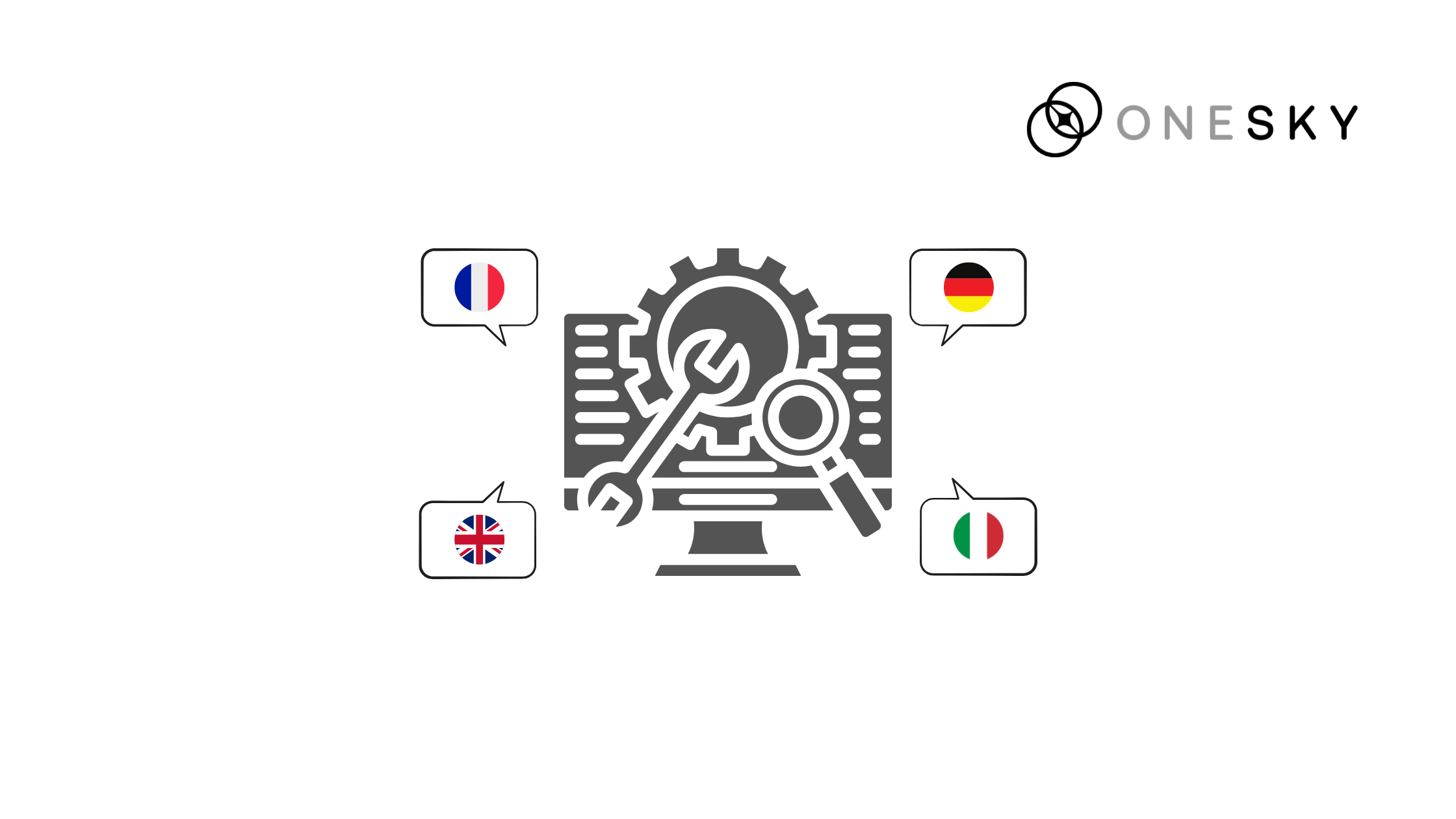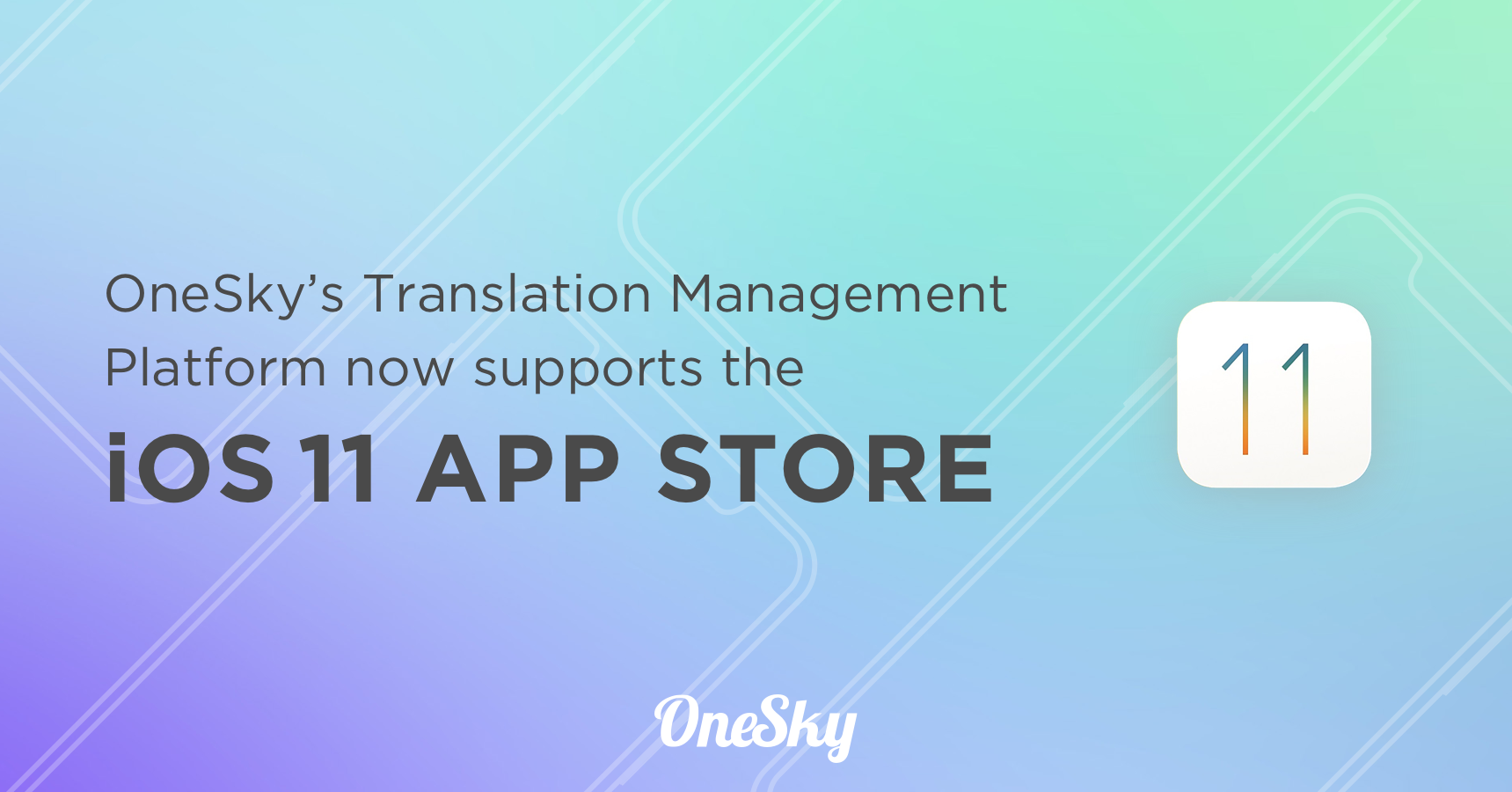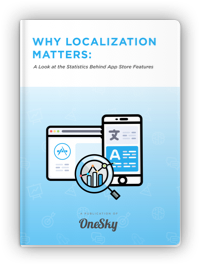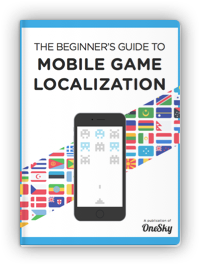Localization Marketing 101: How to Build a Global Brand
In today’s globalized world, businesses aiming to expand must embrace the concept of localization in their marketing strategy.
Localization is more than just translation—it involves adapting your brand’s message, values, and offerings to resonate with a new market’s culture, language, and conventions.
This practice is not just a strategic choice; it’s an essential component of any successful international marketing strategy.
Why Localization is Important
For businesses looking to penetrate new markets, understanding and adapting to cultural norms, local regulations, and the native language is crucial. By tailoring marketing materials and digital marketing campaigns to fit the local audience, companies can greatly improve customer engagement and relevance.
This process extends beyond adapting the language and includes aspects like SEO optimization, pricing adjustments, and even modifying visuals and formats to cater to the local audience’s preferences.
Moreover, a well-executed localization strategy can enhance a brand’s perception and credibility. It demonstrates respect for the local culture and shows potential customers that a brand is willing to go the extra mile to understand and cater to their needs.
Brands like Coca-Cola have achieved global recognition and loyalty by successfully adapting their marketing messages to resonate with different cultures.

Benefits of Localization Marketing (Localized Marketing)
Localized marketing offers numerous benefits, including increased market penetration and customer acquisition. By employing a targeted approach, companies can effectively reach their target audience and make a significant impact. Localization efforts enable businesses to compete with local companies on an equal footing, and in many cases, gain a larger market share.
The foundation of any effective localization strategy is content that resonates with the local audience. This isn’t as simple as translating your English content into the local language. You need to go beyond language translation and incorporate local customs, phrases, and cultural norms.
This process, known as transcreation, ensures that your marketing content retains its impact and relevance in different markets. A good example of successful transcreation is Coca-Cola’s localized marketing campaigns, where the company modifies its taglines and visuals to align with local cultures.
Localized content creation forms the cornerstone of a robust localization marketing strategy. Creating content that speaks to the local customer’s language, cultural references, and experiences can significantly enhance the brand’s relevance and appeal.
In this context, a Translation Management System (TMS) like OneSky can prove invaluable. It provides access to experienced human translators to ensure the highest quality of localized content.

Strategies for Effective Localization Marketing
Now that we understand why localization marketing is critical for global brand growth, it’s time to delve into how you can effectively implement it. Achieving success with localization isn’t simply about translating content word-for-word.
It requires a deeper understanding of cultural nuances, local norms, and audience preferences. Let’s explore some proven strategies that can guide your localized marketing efforts and help you connect more profoundly with different markets.
Leverage Local Influencers and Partnerships
Partnering with local influencers can give your brand a local voice and reach a wider audience. Influencers already have a significant following and can convey your brand’s messages effectively to potential customers because they command a significant following on social media and have the power to sway the opinions of their audience.
By partnering with local influencers who understand the cultural nuances of their region, your brand can tap into a new audience and boost brand awareness. Furthermore, partnerships with local businesses can help to enhance your brand’s credibility in foreign markets and increase market share.
Utilize Local Digital Channels and Platforms
Social media usage varies across different markets. While Facebook may be popular in one country, platforms like WeChat or VK may be more popular in others. Thus, understanding and leveraging the preferred digital platforms of your target market is crucial.
Not all global audiences use the same digital platforms. For instance, while Google is the dominant search engine in many markets, Baidu holds sway in China. Your global marketing strategy should, therefore, account for these differences.
Employ SEO strategies tailored to each target market’s dominant search engine and utilize the most popular social media platforms in each region to enhance your brand’s online visibility.
Continuous Monitoring and Adaptation
Localization is not a one-time effort; it requires ongoing monitoring, testing, and adaptation. Marketing teams need to continually assess the effectiveness of their campaigns and make necessary changes based on feedback and metrics.
International marketing isn’t a set-it-and-forget-it endeavor. What worked in one campaign might not work in the next, even within the same market. Consequently, marketing teams need to continually monitor campaign performance using relevant metrics and user experience feedback. This will help them adapt their localized marketing strategies as needed to optimize results.
Automation and Translation Management System
The localization process can be time-consuming, especially when handling multiple languages and formats. Automation can significantly streamline your workflow. Using a translation management system, like OneSky, can make the process more efficient and accurate. It offers features like translation memory, which reduces redundancy and ensures consistency across different marketing materials.
Local Regulations and Cultural Sensitivity
Every foreign market has its own set of local regulations concerning marketing practices, and failing to adhere to them can land your company in hot water. Moreover, cultural differences can lead to inadvertent missteps that tarnish your global brand image.
To avoid this, incorporate local experts into your marketing teams. Their in-depth knowledge of local language, culture, and regulations is invaluable in crafting respectful and compliant localized marketing campaigns.
Human translation is invaluable in comparison to AI-powered translation efforts. Connect with our team of human translators at OneSky to take your localization marketing to the next level.
Localizing Pricing
In global marketing, one size does not fit all, and this holds true for pricing too. Differences in income levels, cost of living, and market competition necessitate pricing adjustments for different markets. Thorough market research will help determine the most suitable pricing for each locale.
Team with OneSky for Localization Success in New Markets
Localization marketing is no longer optional for brands with global aspirations. Its benefits — enhanced customer experience, improved brand perception, and increased market penetration — make the effort worthwhile.
The importance of a well-orchestrated localization process in today’s global marketing landscape cannot be overstated. Whether it’s transcreating taglines for foreign markets or adapting website content to local cultural differences, each step plays a crucial role in crafting a successful global marketing strategy.
As you tailor your marketing messages for new markets, remember to employ a localization strategy that accounts for language, cultural norms, local regulations, and more. If you need a reliable partner in your localization efforts, OneSky, a top-notch translation management platform, offers expert human translators and a range of features to optimize your localized marketing campaigns.
OneSky offers a streamlined workflow for all your localization needs. It not only provides a platform for managing translations but also ensures that your marketing content is culturally relevant and linguistically accurate.
With the support of OneSky, your global marketing campaigns can reach their full potential and make your brand a local favorite. By leveraging the power of localization, you can ensure your brand resonates with local audiences, creating a meaningful and impactful customer experience.
Remember, in the vast world of digital marketing, localization is not just an option—it’s the key to unlocking global success. Embrace localization with OneSky and let your brand reach its full global potential.



 Written by -
Written by - 




 Written by
Written by 


